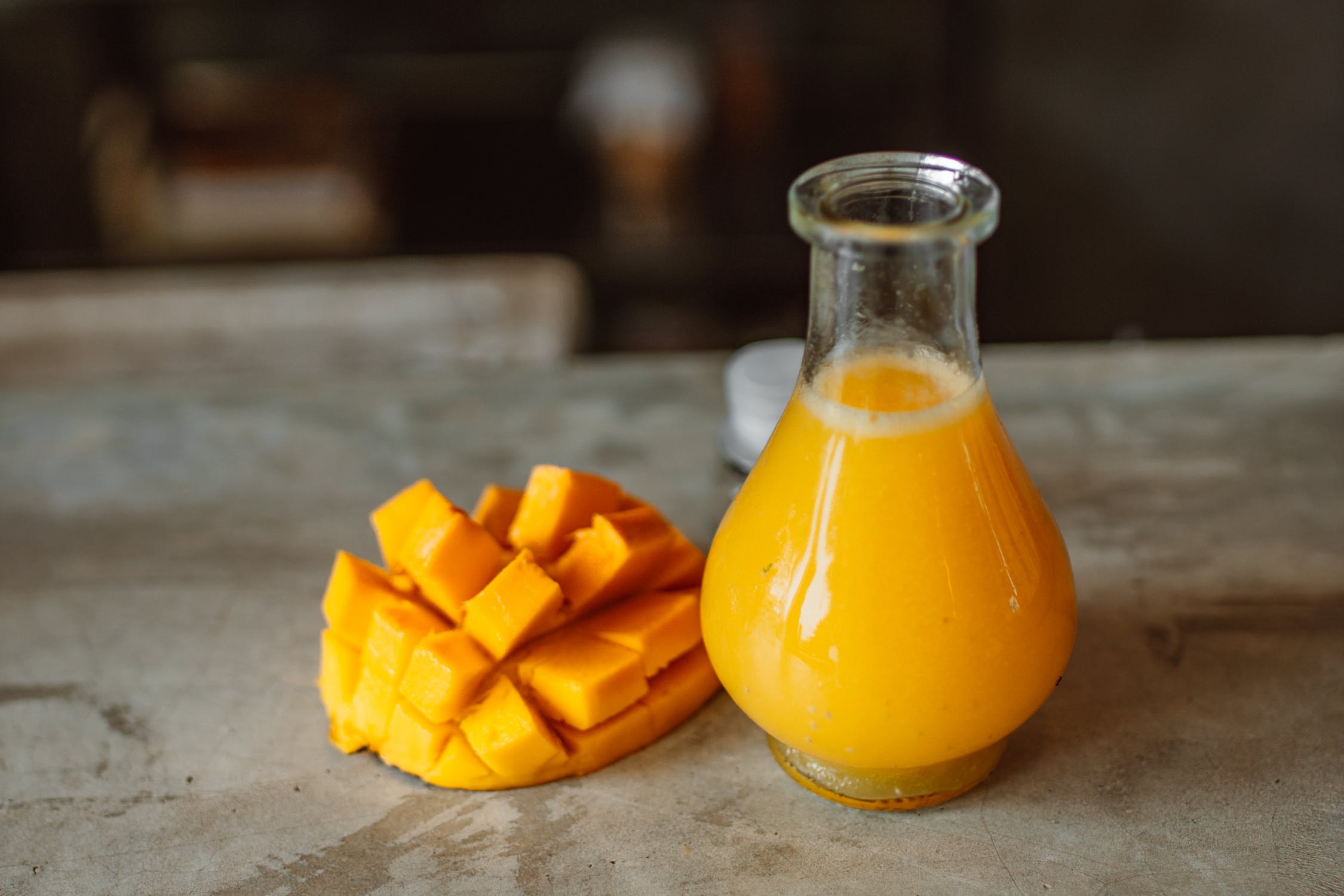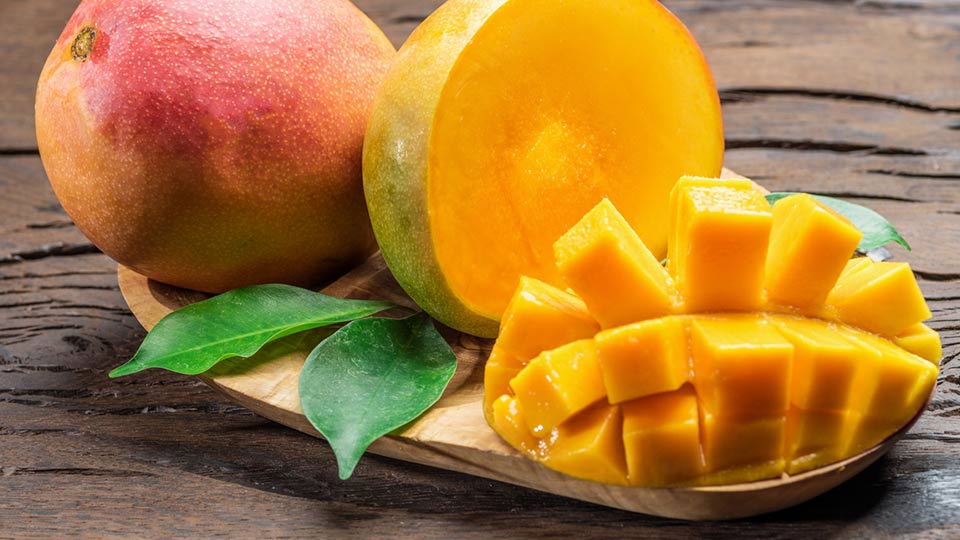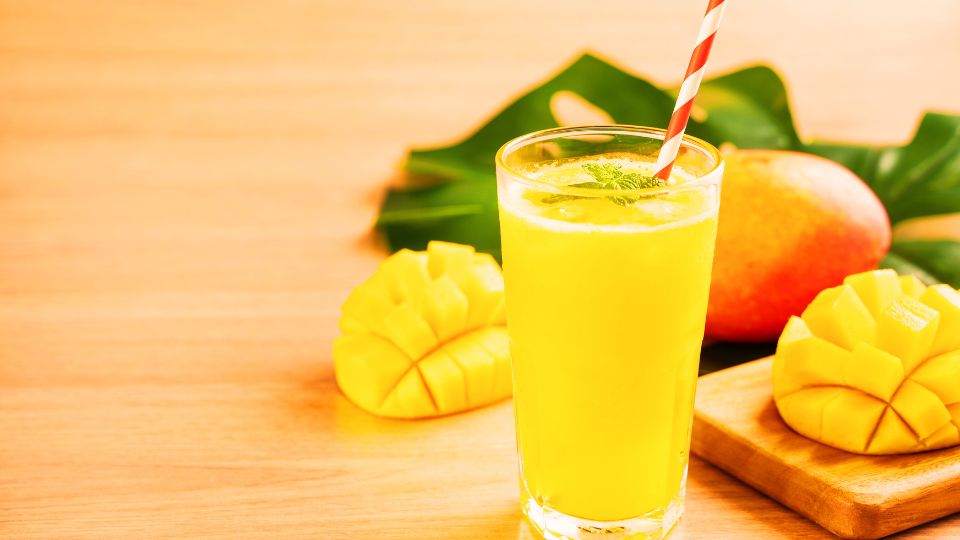Mango juice is a delicious and refreshing beverage that is enjoyed all around the world. Not only is it a tasty treat, but it is also packed with essential vitamins, minerals, and nutrients that offer a variety of potential health benefits. However, like all foods, there are potential side effects to consider when consuming mango juice.
In this article, we will explore the benefits and side effects of mango juice, as well as precautions and considerations when consuming it.
Benefits of Mango Juice
Mango juice is a delicious and refreshing beverage that comes with a plethora of health benefits. It is loaded with various vitamins, minerals, and antioxidants that help to keep the body healthy and functioning properly. Here is a list of the benefits of mango juice.
Nutritional content of mango juice
One of the key factors contributing to the health benefits of mango juice is its nutritional content.
Mango juice is rich in vitamins, minerals, and antioxidants that can support overall health and well-being. A 1-cup serving of mango juice typically contains:
- Vitamin C: Mango juice is an excellent source of vitamin C, providing over 100% of the recommended daily intake per serving. Vitamin C is a powerful antioxidant that can help to protect the body against oxidative stress and support immune function.
- Vitamin A: Mango juice is also a good source of vitamin A, which is important for maintaining healthy skin and vision, as well as supporting immune function.
- Potassium: Mango juice contains a significant amount of potassium, which is essential for maintaining healthy blood pressure and fluid balance in the body.
- Fiber: While mango juice contains less fiber than whole mangoes, it still contains some fiber that can support digestive health.
- Other nutrients: Mango juice also contains smaller amounts of other vitamins and minerals, including vitamin E, vitamin K, calcium, and magnesium.
Improvement in digestive health
Mango juice is a good source of fiber, which is essential for maintaining digestive health. One cup of mango juice contains approximately 0.5 grams of dietary fiber, which can help prevent constipation and promote regular bowel movements. Fiber also acts as a prebiotic, meaning it feeds the good bacteria in your gut, promoting a healthy balance of microorganisms.
Mango juice also contains enzymes that aid in the digestion of proteins, carbohydrates, and fats. These enzymes, including amylase, protease, and lipase, help break down food in the stomach and small intestine, making it easier for the body to absorb nutrients.
Additionally, mango juice contains antioxidants, such as quercetin and gallic acid, which have anti-inflammatory properties. These antioxidants may help reduce inflammation in the gut, which can improve overall digestive health.
Promotion of healthy skin
Mango juice is also known to have several benefits for the skin. This is due to the presence of various vitamins and minerals in mango juice that help in promoting healthy skin. Vitamin A, for instance, is essential for maintaining healthy skin, while vitamin C helps in the production of collagen, which is important for maintaining skin elasticity. Mango juice is also rich in antioxidants, which help in protecting the skin against damage caused by free radicals.
Drinking mango juice regularly may help in reducing the signs of aging such as wrinkles, fine lines, and age spots. The antioxidants present in mango juice can help in neutralizing the free radicals that cause skin damage, thereby reducing the appearance of these signs of aging.
Moreover, mango juice is also known to be effective in treating skin conditions like acne, eczema, and psoriasis. This is due to the anti-inflammatory and anti-bacterial properties of mango juice, which can help in reducing inflammation and preventing the growth of bacteria that cause acne and other skin conditions.
In addition to drinking mango juice, applying it topically on the skin can also be beneficial. Mango juice can be used as a natural face mask, which can help in rejuvenating the skin and improving its texture. The vitamin A and C present in mango juice can help in reducing the appearance of dark spots, while the antioxidants can help in reducing inflammation and preventing skin damage.
Boosting the immune system
Boosting the immune system is another potential benefit of consuming mango juice. Vitamin A helps to maintain the integrity of the skin and mucous membranes that line the respiratory, digestive, and urinary tracts, which can help prevent pathogens from entering the body. Vitamin C, on the other hand, is a potent antioxidant that helps protect cells from damage caused by harmful molecules known as free radicals.
Studies have shown that mangoes contain various bioactive compounds, including mangiferin, gallic acid, and quercetin, that possess immune-boosting properties. These compounds have been found to enhance immune cell function and increase the production of cytokines, which are signaling molecules that play a crucial role in immune system regulation.
Potential anti-cancer properties
Mango juice may have potential anti-cancer properties due to the following:
- Antioxidants: Mangoes are rich in antioxidants such as polyphenols, which may help protect against cancer by reducing oxidative stress and inflammation in the body.
- Fiber: The high fiber content in mangoes may help reduce the risk of certain types of cancers, including colorectal cancer.
- Carotenoids: Mangoes are also a good source of carotenoids, such as beta-carotene and lutein, which have been linked to a reduced risk of certain types of cancer, such as lung and prostate cancer.
- Flavonoids: Mangoes contain flavonoids, such as quercetin and kaempferol, which have been shown to have anti-cancer properties by inducing apoptosis (programmed cell death) in cancer cells.
- Vitamin C: Mangoes are a good source of vitamin C, which may also have anti-cancer properties by boosting the immune system and reducing oxidative stress.
Other potential benefits
Apart from the benefits mentioned earlier, there are other potential benefits associated with the consumption of mango juice:
- May aid in weight loss: Due to its low calorie and low fat content, mango juice can be a great addition to a weight loss diet plan.
- May improve bone health: Mango juice is a good source of vitamin K, which is essential for bone health and helps to maintain bone density.
- May improve heart health: The high fiber and potassium content in mango juice may help to regulate blood pressure and reduce the risk of heart disease.
- May reduce inflammation: The antioxidants in mango juice may help to reduce inflammation in the body, which can contribute to the development of chronic diseases.
- May improve vision: The high levels of vitamin A and beta-carotene in mango juice may help to improve vision and prevent age-related macular degeneration.
Note that more research is needed to fully understand the potential benefits of mango juice on human health. Remember to consume mango juice in moderation and to speak with a healthcare professional if you have any concerns or underlying health conditions.
Side Effects of Mango Juice
Mango juice is a popular beverage enjoyed for its delicious taste and numerous health benefits. However, like any other food or drink, mango juice can have side effects that should be taken into consideration. In this article, we will discuss the possible side effects of mango juice.
Risk of allergies
Mango juice can cause allergic reactions in some people. Mangoes contain compounds called urushiol and cross-reactive plant compounds that can cause allergic reactions in people who are sensitive to them. Symptoms of a mango allergy include itching, swelling, hives, and difficulty breathing. If you experience any of these symptoms after consuming mango juice, seek medical attention immediately.
Impact on blood sugar levels
Mango juice is high in natural sugars, which can cause a rapid spike in blood sugar levels. This can be problematic for people with diabetes or other blood sugar issues. It is recommended that people with diabetes consume mango juice in moderation and monitor their blood sugar levels closely.
Gastrointestinal discomfort
Mango juice is high in fiber, which can cause gastrointestinal discomfort such as bloating, gas, and abdominal pain if consumed in large quantities. Additionally, some people may experience diarrhea or constipation after consuming mango juice.
Potential interactions with medications
Mango juice can interact with certain medications, including blood thinners, antidepressants, and beta-blockers. Mango juice can interfere with the absorption and effectiveness of these medications, so it is important to consult with a healthcare professional before consuming mango juice if you are taking any medications.
Other potential side effects
Some people may experience other side effects after consuming mango juice, such as headaches, dizziness, or fatigue. These side effects are rare and typically occur in individuals who are sensitive to the compounds found in mangoes.
Precautions and Considerations
While mango juice can provide a range of health benefits, it is important to consume it in moderation. Mango juice is high in sugar, which can contribute to weight gain and other health problems if consumed in excess. Additionally, consuming large amounts of mango juice can lead to gastrointestinal discomfort, such as bloating and diarrhea. Consume mango juice as part of a balanced diet and in moderation to reap its benefits without experiencing any negative side effects.
Potential Interactions with Medications
Mango juice may interact with certain medications, including blood thinners and beta-blockers. Mango juice contains a compound called mangiferin, which can inhibit the activity of an enzyme that is necessary for the metabolism of these medications. This can lead to increased levels of the medications in the bloodstream, which can increase the risk of side effects. It is important to speak with a healthcare professional if you are taking any medications to determine if mango juice is safe to consume.
Consult with a Healthcare Professional
If you have any underlying health conditions or concerns, it is important to consult with a healthcare professional before consuming mango juice. Mango juice may not be appropriate for individuals with certain medical conditions, such as diabetes or kidney disease. Additionally, if you have any allergies, it is important to be cautious when consuming mango juice, as it can cause allergic reactions in some people.
Conclusion
Mango juice can offer a range of potential health benefits, including improved digestive health, healthy skin, and a strengthened immune system. However, it is important to be aware of potential side effects such as allergies, impact on blood sugar levels, and gastrointestinal discomfort. Moderation and consulting with a healthcare professional are essential when incorporating mango juice into your diet.







